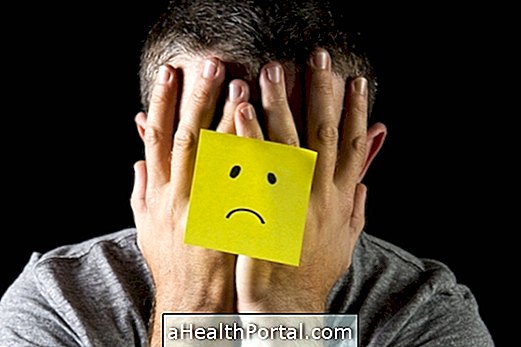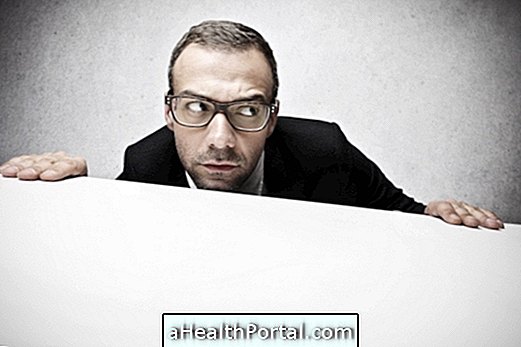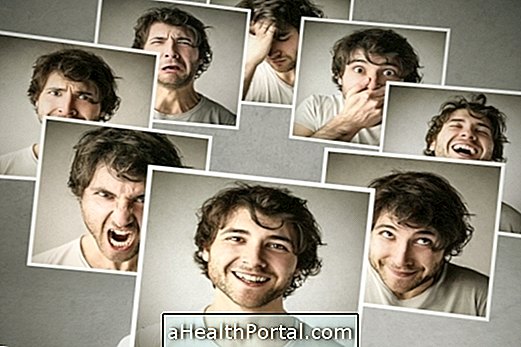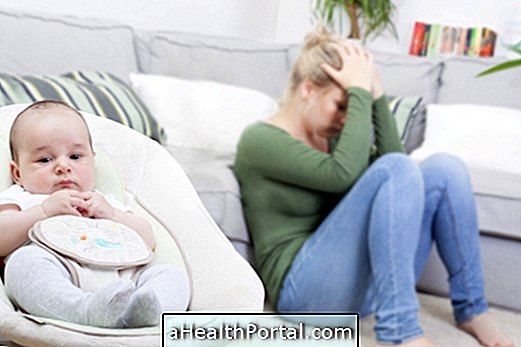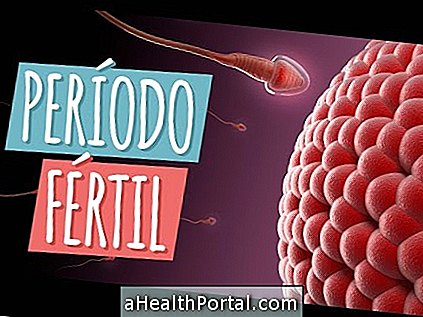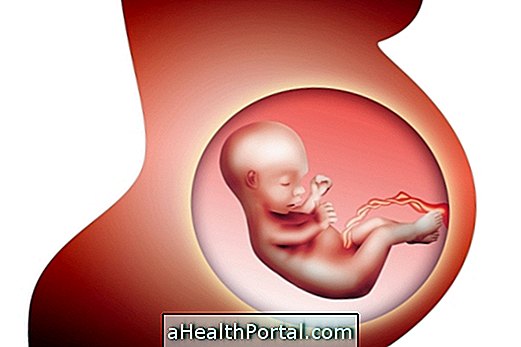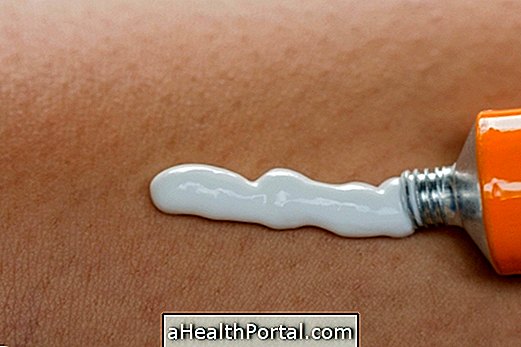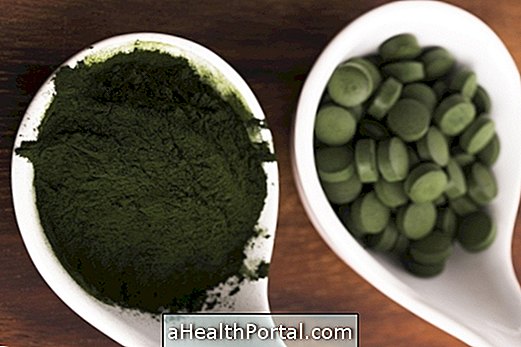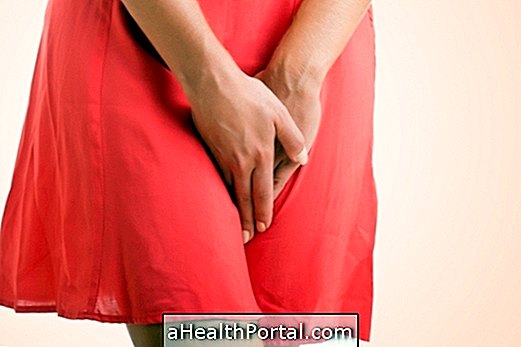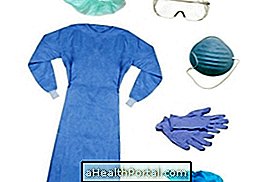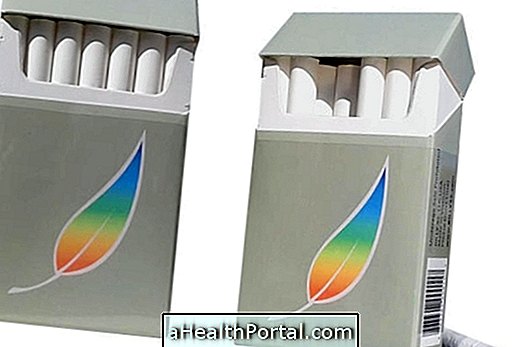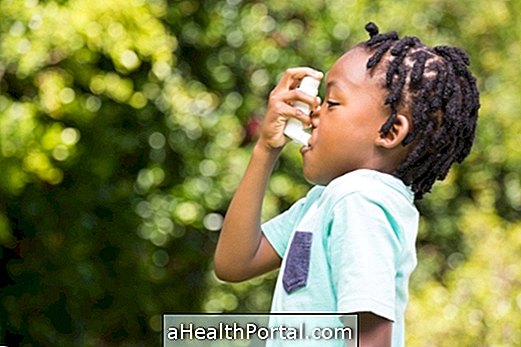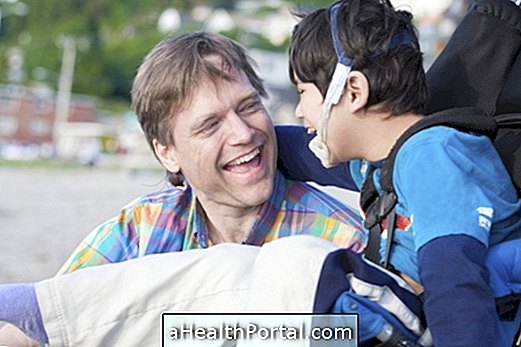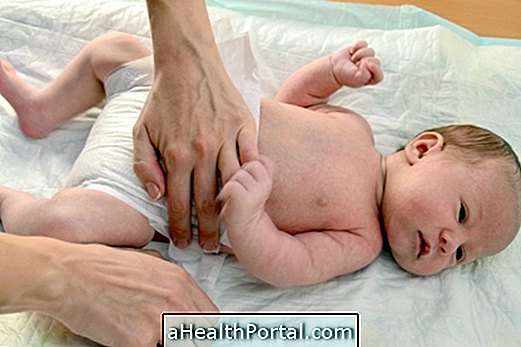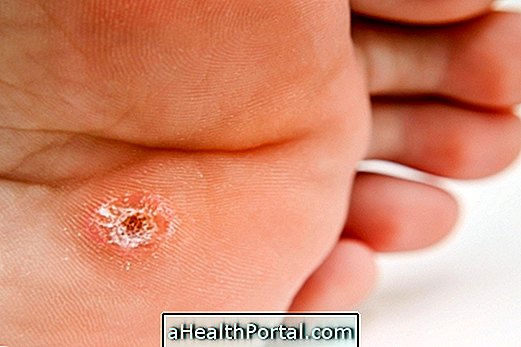Depression can be cured, however, as its causes have not yet been fully clarified, there is no formula, but several alternatives that can be used for each case to modify the brain response and improve mood.
It is a psychiatric disorder, in which depressed mood and loss of will, associated with other symptoms, such as changes in sleep, appetite, tiredness and guilt feelings, disrupt one's day-to-day life. There are factors that influence the development of depression, such as genetic or hereditary causes, and environmental causes, such as a stressful time in life or the loss of someone important, for example. To better understand the symptoms and causes of this disease, see how to differentiate sadness from depression.
Thus, to cure a picture of depression, there are alternative treatments, which can be done separately or together, but the best type, the time needed and the doses used may vary by person. Also, in cases of suspicion, it is always important to seek help from a psychiatrist, who will define the type of treatment needed.

1. Use of medicines
Antidepressants are drugs used to replenish neurotransmitters in the brain, such as serotonin, dopamine, and noradrenaline, which are usually reduced in depression. The use of drugs is indicated mainly in moderate and severe cases and should be used regularly, otherwise it can be very difficult to recover from the disease.
The major antidepressants used to treat depression are:
| Antidepressant Class | Some generic names | Side effects |
| Tricyclic antidepressants | Imipramine, Clomipramine, Amitriptyline or Nortriptyline | Dry mouth, urinary retention, constipation, delirium, drowsiness, low blood pressure and dizziness on rising |
| Selective serotonin reuptake inhibitors | Fluoxetine, Paroxetine, Citalopram, Escitalopram, Sertraline or Trazodone | Drowsiness, dry mouth, drowsiness, excessive sweating, shivering, constipation, headache, and ejaculation problems |
| Inhibitors of reuptake or increased serotonin and noradrenaline activity | Venlafaxine, Desvenlafaxine, Duloxetine or Mirtazapine | Dry mouth, insomnia, nervousness, tremors, drowsiness, nausea, vomiting, ejaculation problems, excessive sweating and blurred vision |
| Monoamine oxidase inhibitors | Seleginine, Pargilin, Phenelzine or Toloxatone | Increased pressure, postural hypotension, weight gain, insomnia |
The remedies take effect in about 2 to 6 weeks, and the treatment time may also vary from person to person, and in some cases it is necessary for only a short period, such as 6 months, as may also be necessary for many years. What will help the doctor to determine the time of treatment, the dose and the type of the remedy is the improvement of the symptoms and the way the person is reacting to the treatment.
In addition, the use of medication alone may not be sufficient to cure a depression, and it is important for the person to work on his or her psychological side through conversations, psychotherapy sessions, and activities that stimulate self-awareness, for example.
2. Psychotherapy sessions
Psychotherapy is done by a psychologist or psychotherapist, and it is important to help in solving emotional difficulties, stimulating self-knowledge and resolving internal conflicts of the person. It is essential, even when the person already uses medication, as it helps to rearrange the thoughts and stimulate feelings and feelings of joy.
Psychotherapy sessions are usually done 8, 4 or 2 times a month, for example, depending on the need of each person.
3. Electroconvulsive therapy
Electroconvulsive therapy consists of a procedure of controlled and painless cerebral electroshock that facilitates the reorganization of the cerebral activity. It is a type of treatment performed for cases of severe depression where there has been no improvement with the other treatments available.
4. New therapies
There are newer therapies that have shown good results for the treatment of depression in people who do not improve with other forms of treatment. These include transcranial magnetic stimulation, vagus nerve stimulation, and deep brain stimulation.
These are forms of stimulation and reorganization of brain activity, through the implantation of small stimulating electrodes, capable of treating also several neurological diseases, such as depression, epilepsy or Parkinson's, for example.
See how it is done and what diseases can be treated with deep brain stimulation.
5. Alternative Therapies
There are more natural forms that are great allies to complement the treatment of depression, but they should not substitute for doctor-directed treatment. Among them are:
- Acupuncture : can relieve several symptoms associated with this disease, such as pain, anxiety and insomnia;
- Meditation : Provides self-knowledge and control of feelings, which can improve confidence and self-esteem;
- Physical Activity : Regular exercise helps release hormones such as serotonin and endorphin, which are essential in treating depression, as well as improving well-being. Group exercise, as a sport, may have even more benefits, due to the improvement of social coexistence;
- Reiki : is a technique that provides relaxation and well-being, and can be useful to combat symptoms of depression;
- Antidepressant food: There are foods, such as banana, peanut, oats and milk, which increase levels of tryptophan and other substances, such as magnesium, that stimulate the production of wellness hormones. Find out what foods help you get out of depression.
In addition, it is recommended to invest in hobbies such as music, reading and group activities, for example, as these are activities that improve self-esteem and self-confidence and are important steps in curing depression. See more tips on how to improve self-esteem.
6. Treat other causes of depression
There are some diseases that can cause or increase the chances of having a depression, such as hypothyroidism, vitamin B12 deficiency, diabetes, Alzheimer's, Parkinson's or post-stroke, for example, therefore, appropriate treatment is necessary to combat it the symptoms.
In addition, there are also remedies that may be used in the treatment of other problems and that induce a depressed mood, such as Propranolol, Simvastatin and Phenobarbital, for example. Therefore, if there are symptoms of depression due to the use of any medication, it is important to talk to the doctor who follows up to discuss the possibility of changing the treatment.

How Long Does Depression Treatment Last?
There is no predefined time to treat depression, so some people get better after a few months, others need to treat for years. This usually depends on the cause and severity of the disease, plus the possibility and willingness of the person to follow the treatment correctly. Some tips to potentiate the treatment of depression, and allow a faster cure, are:
- Do not keep the same remedy if there is no improvement after 6 weeks: this is the time taken for any remedy to take effect, so if no improvement has been noticed in this period, it is important to talk to the psychiatrist to increase the dose or in some cases, change the type of medicine;
- Make reassessments with the psychiatrist: It is important to have follow-up appointments with the doctor in the predetermined times, every 3 or 6 months, for example, so that the symptoms and the need to adjust the doses are reassessed;
- Seek help: it is harder to beat a depression on your own, so it is important to talk to a friend, family member, psychologist or doctor when you are not well, or notice a worsening of symptoms;
- Set objectives : adopt a goal or goal to achieve, such as starting a project, a job or a new activity, because they can be attitudes that help to give meaning to life.
Moreover, it is important to develop a spirituality, because being a spirited person does not necessarily mean being religious, but having an attitude of believing that there is a special reason to be alive and enjoying the moments, thus giving a more special meaning to life.
See other tips on what to do while treating depression.
